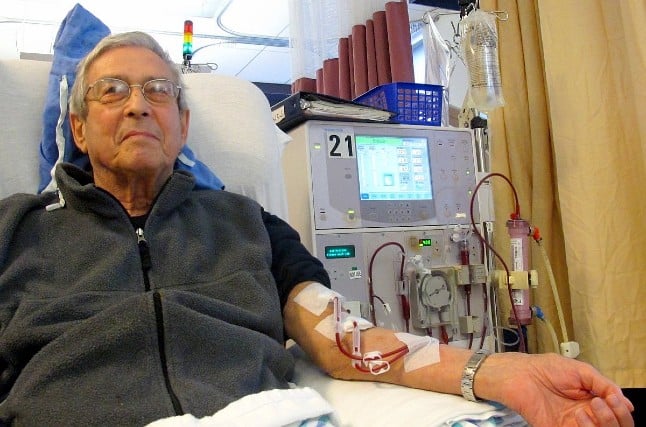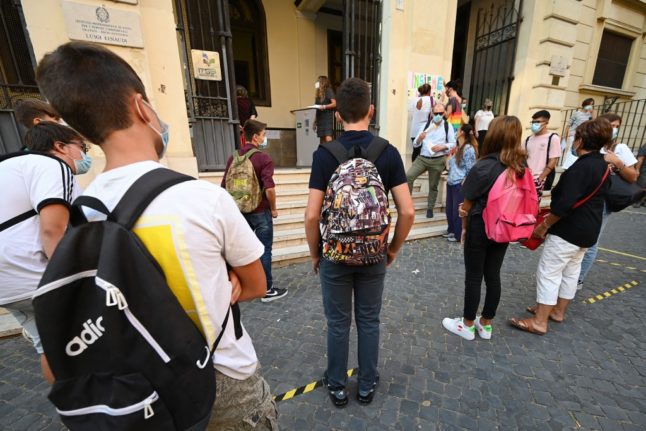In a press release issued on Monday, the Danish Health Authority said that those in the categories chosen would receive an invitation in the e-Boks digital postbox in the same way as they had for their first and second doses.
“The vast majority of people with a weakened immune system are expected to be well protected against a serious course of Covid-19 when they have been vaccinated,” Helene Probst, the authority’s deputy director said in the release.
“However, people with a severely weakened immune system have a very reduced or no effect of the vaccine. Therefore, they will now be offered a third dose to boost their immune response and thus protect them from a serious infection with Covid-19.”
She said that all of the patients concerned would already be undergoing long-term treatment and so be in contact with a hospital department, who would then recommend them for another jab.
The patients eligible are primarily:
- patients with certain types of malignant blood and bone marrow diseases
- patients who have had organ transplants,
- patients on dialysis
- patients who have been treated with special immunosuppressive drugs
- patients who have received chemotherapy during 2021
“We have made a detailed list of exactly which citizens are covered by the new offer, so hopefully the vast majority of citizens can see for themselves whether they are covered,” Probst said.
She said that no one should contact their local GP over receiving a third dose, although she said those being treated by specialists for any of the conditions covered should contact their hospital doctor if they do not receive an invite within “a few weeks”, and should also bring it up next time they come in for a check-up or treatment.
She said the vaccinations would take place at existing treatment centres across Denmark.
“The vaccination itself will take place in the vaccination centres, where you will be vaccinated with a 3rd dose mRNA vaccine from either BioNTec-Pfizer or Moderna,” she said.
No one will be given a third dose until at least a month after their second dose, and ideally not more than none months after it.
The authority is still considering whether elderly people in Denmark who were vaccinated in January and February should also receive a third dose, but said it would not give third doses on this scale until one or more of the vaccines was approved for a third dose by the European Medicines Agency.
The authority has published a detailed set of guidelines laying out which patients should get a third dose.
They include these conditions:
- acute leukemia or chronic myelomonocytic leukemia
- myelodysplastic syndrome
- myelomatosis
- Lymphoma
- myelofibrosis
- aplastic anemia
- T-cell Large granular lymphocytic leukemia
- recipients of allogeneic bone marrow transplants
- primary immunodeficiency
- HIV infection with pronounced immune deficiency (CD4 < 200)
- cancer patients undergoing chemotherapy in 2021
- patients who have had organ transplants, bone marrow transplants, stem cell transplants, and artificial heart pumps
- those undergoing Hemodialysis or peritonealdialysis
It also includes people taking the following medications:
- Rituximab
- Ocrelizumab
- Alemtuzumab
- ATG
- Ciclosporin
- Tacrolimus
- Mycophenolate
- Immunglobulin substitution
- Sphingosin-1-phosphat receptor inhibitor



 Please whitelist us to continue reading.
Please whitelist us to continue reading.
Member comments